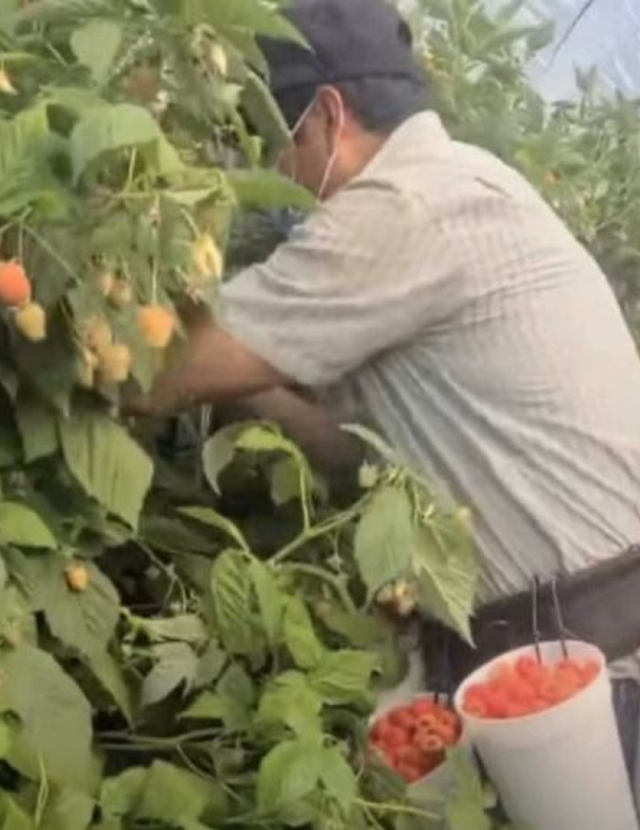Videos: Climate Change and Health Risks to Farmworkers
-
Focus Areas
Environmental Health, Healthy Communities -
Issues
Climate Change, Nutrition & Food Security, Rural Health, Wildfires & Extreme Heat -
Expertise
Media Advocacy & Communications

Farmworkers are 20 times more likely to die from heat stress than the US civilian workforce overall. As climate change exacerbates heat and wildfire smoke, resilience efforts in farmworker communities will be crucial.
As climate change brings increasing heat-related illnesses and health threats from increasing wildfires, PHI’s Achieving Resilient Communities (ARC) project works to mitigate the dangers of heat-related illnesses and to increase climate change resilience in vulnerable communities. Working with the StoryCenter in collaboration with the California Department of Public Health, in 2021 ARC co-produced a video series of personal stories from six farmworker leaders on the ARC farmworker advisory committee, describing their experiences working in extreme heat and during wildfires.
One video from Ofelia Flores describes her work picking raspberries on a hot day on a ranch in Oxnard. Another farmworker fell ill from the heat and Ofelia, who has first aid training, was called to help him. The man’s skin was red, he was short of breath, and had a severe headache. While waiting for the ambulance to arrive, Ofelia reflected on their working conditions. “Sometimes we don’t drink enough water,” Ofelia says, “and sometimes the water provided by the company has a bad taste.” Workers bring their own water, she says, but it often is not enough for hot days.
In another video, Josefino Cervantes discusses his experiences picking strawberries in greenhouses in the Moorpark area in extreme heat. Even with regular water breaks, he says, “We can barely stand the heat. Even early in the day it is already very hot.”
Farmworker Amy Gomez describes the effects of wildfires in Ventura County in another video. “At midnight we were watering our roof,” she says, “The ash entered my lungs, leaving me with asthma. When the ambulance arrived I already felt I was at the point of asphyxiation. I had lost consciousness and later developed pneumonia.” With two children who needed her, Amy stayed only two days in the hospital, and a week later, returned with her children who were also suffering from smoke inhalation and ash in their lungs. “These were very difficult experiences,” she says, “When I was in the hospital, I thought I was going to die. I thought of my children, and what if no one was there for them. We need more support. There needs to be a solution to climate change.”
165,000 of California farmworkers are believed to be migrants from Indigenous communities in Mexico, so it was especially important to share some of the stories from these trusted messengers in their primary languages.
There are six videos in Spanish and two in Mixteco (an indigenous language of Mexico). Watch them all on the full playlist:
Work With Us
You change the world. We do the rest. Explore fiscal sponsorship at PHI.
Support Us
Together, we can accelerate our response to public health’s most critical issues.
Find Employment
Begin your career at the Public Health Institute.
